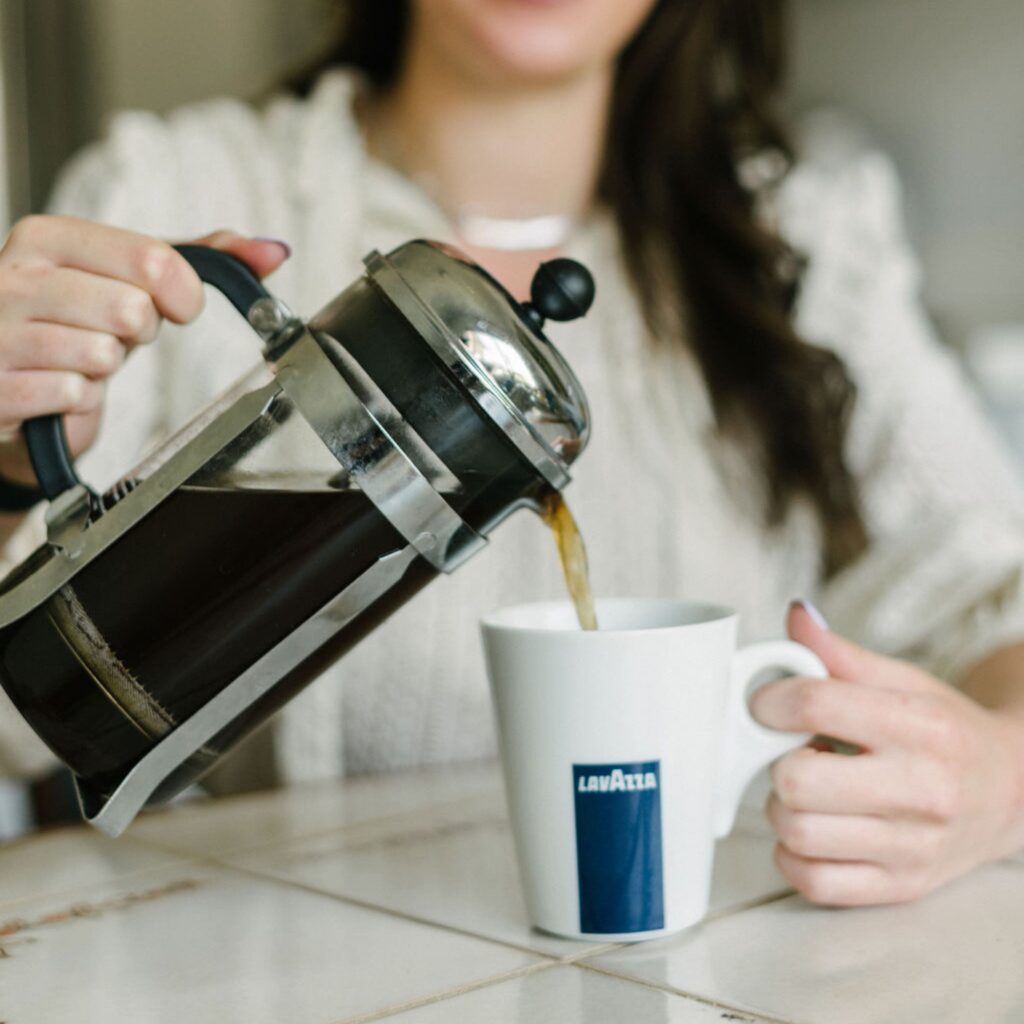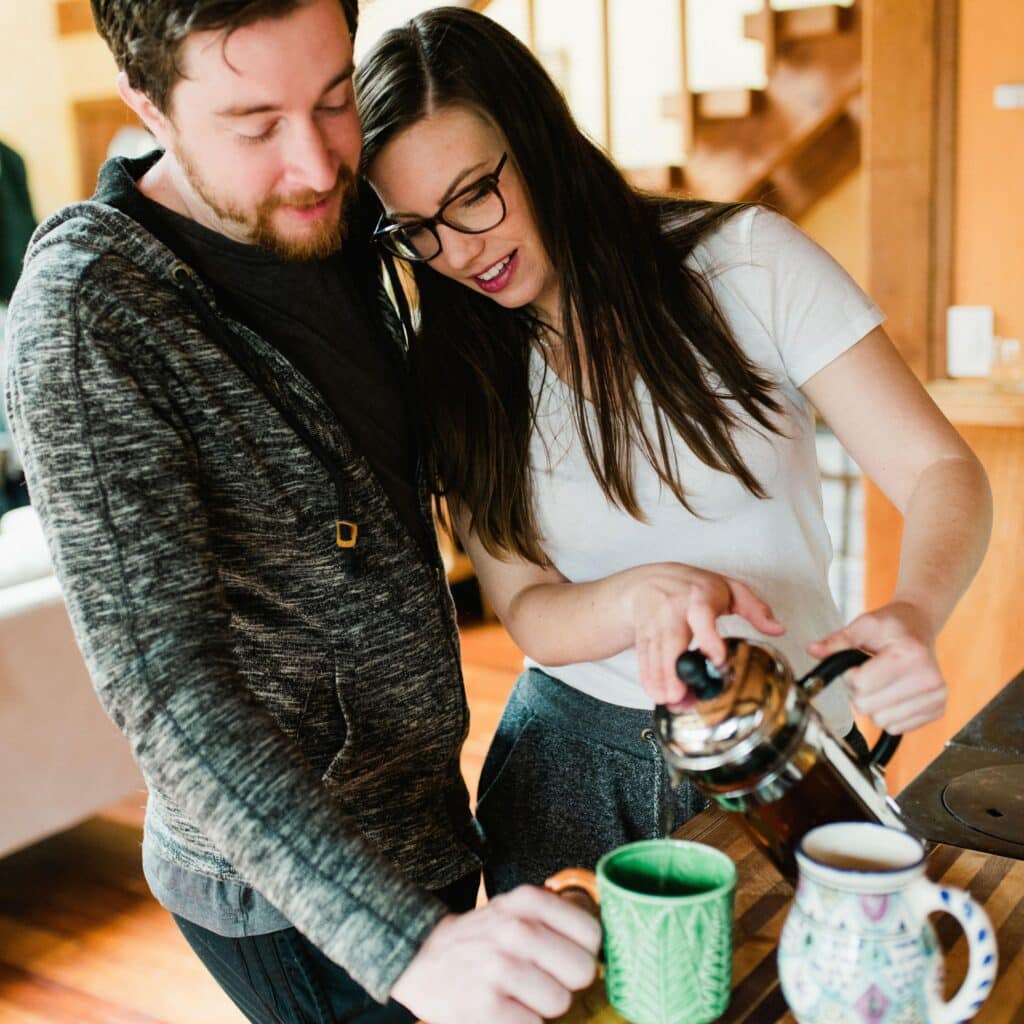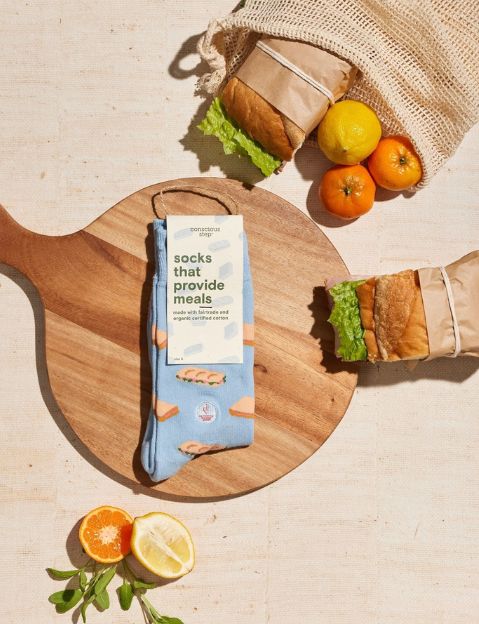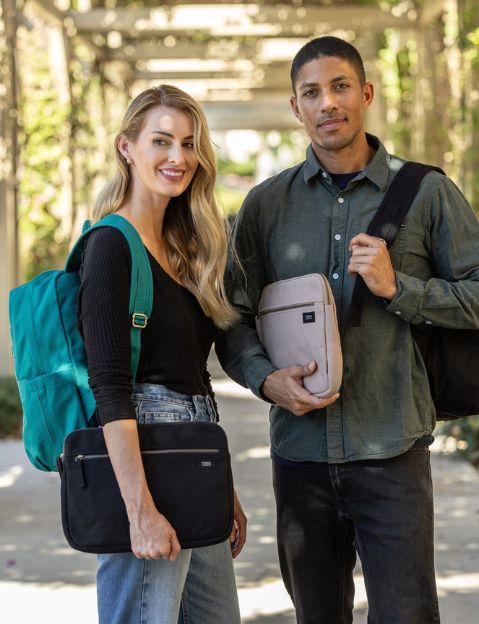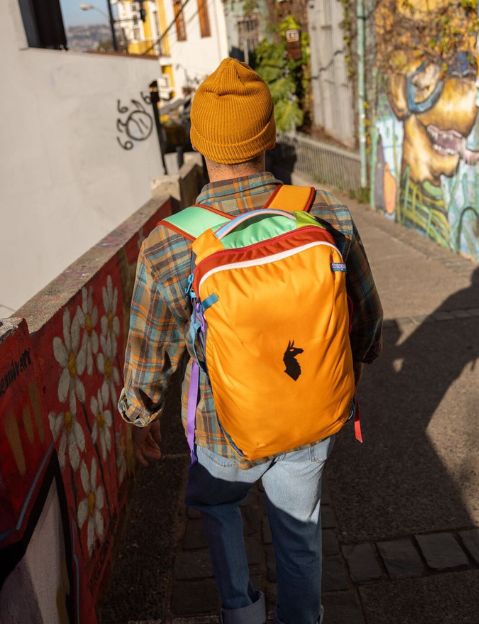Last updated: July 25, 2024
You’ve probably seen the “Fairtrade” label on many products. But what exactly does that mean? And how does it relate to sustainability?
Coffee is probably the most well-known fair trade product. However, many items can qualify as Fair Trade, including bananas, ice cream, rice, flowers, cotton, and sports balls, to name a few.
Fairtrade certification essentially means that workers are paid a living wage and work in a safe environment.
As an environmental activist, people are just as important as the planet. We cannot save one without the other. That’s why it’s important to approach green living from a cross-cutting perspective. Everything is connected.
For our items to be truly sustainable, we also need to consider the people who make them. That means fair work hours that pay the bills, adequate rest breaks, and a safe environment where workers can unionize and be protected.
Many workers in the apparel industry are expected to work seven days a week, 14 to 16 hours a day, and endure verbal and sometimes physical abuse from their managers. Workers are often exposed to hazardous substances while working without adequate ventilation.
But we can change this by voting with our dollars and supporting brands that treat workers right. That’s why it’s important to look for Fair Trade certification. Here’s everything you need to know about Fair Trade certification. Plus, my favorite brand to sport it!
What is fair trade in simple terms?
Simply put, Fair Trade certification ensures that workers within a company’s supply chain are paid and treated fairly.
Fairtrade certification is primarily used for foods such as bananas, cocoa, and coffee, but it can also be used to certify certain materials such as cotton.
Fair trade certification has strict standards. Certification is obtained after a thorough evaluation including interviews with workers and on-site inspections. This must be repeated annually to maintain Fair Trade certification.
Here we take a look at the three main criteria that must be met to obtain Fair Trade certification.
economical
Producers know that regardless of what’s happening in the market, they can cover their production costs because manufacturers pay at least the Fairtrade minimum price. This includes traceability of products through record-keeping and transparency of trade relationships.
We also need to offer a certain fair trade premium to give farmers and workers additional funds to invest in improving the quality of their businesses and communities. You can use this premium to build schools, libraries, and even bridges for your children to easily cross dangerous areas.
This certification also requires advance financing for producers who wish to receive it, which helps stabilize their operations.
environment
It emphasizes ecologically and agriculturally sound practices such as responsible water and waste management, protecting soil fertility and biodiversity, and minimizing the use of pesticides and pesticides.
Fairtrade prohibits the use of several harmful substances and GMOs. Fairtrade does not require organic certification, but promotes organic production by giving higher Fairtrade Minimum Prices and premium prices for organically grown products.
socializing
Fairtrade ensures that employees have a voice within the company. It requires democratic self-organization (usually cooperatives), transparency, participatory decision-making, and non-discrimination (including gender equality).
However, forced labor and child labor are strictly prohibited under Fair Trade standards.
Why is fair trade important?
Fairtrade is important because it helps address these issues within the trade industry. Let’s look at some examples and how Fairtrade can help. All statistics below are taken directly from the Fairtrade website.
gender inequality
Women in rural areas often have no control over the money they earn. They own land and crops and have limited access to education, training, and supplies. Additionally, people often face discrimination when they try to apply for credit.
Fairtrade seeks to change this by focusing on increasing the human, social, financial and physical capital of women and girls.
They do this in the following way:
We do not discriminate on the basis of gender or marital status We do not tolerate sexual intimidation, abuse, or exploitative behavior We do not perform pregnancy tests when hiring workers We support historically marginalized groups such as women Programs to develop gender policies over time
Child labor rights and safety
160 million children are in the workforce around the world. Child labor prevents young people from attending school, playing with friends, and receiving the nutrition and care they need.
However, Fair Trade standards prohibit the employment of children under the age of 15. Additionally, minors under the age of 18 may not engage in work that jeopardizes their education or development. Children are allowed to help on the family farm only under strict conditions. And the work must be considered age-appropriate and done outside of school hours.
worker rights
An estimated 40.3 million people are held in modern slavery. Workers, people who work on large farms and factories who don’t own businesses, face incredible adversity in the Global South.
Thankfully, Fairtrade is actively working to prevent forced labor through local and international prevention policies. We also provide human rights training to farmers, workers, and business owners. In addition, they support the creation of community-based monitoring and remediation systems that are inclusive of local youth.
poverty
736 million people worldwide live in extreme poverty. Many farmers and workers live on less than $2 a day and rely on a single source of income from cash crops. On top of that, farmers typically only receive one salary a year after the harvest. This means that all your business and home needs, including transportation, food, clothing, and school fees, must be covered in this one payment for the year.
To reduce poverty, Fair Trade certification provides a minimum price aimed at covering sustainable production costs. This is a safety net for farmers and workers in case market prices fall below sustainable levels.
We also offer a Fairtrade Premium, which is an additional lump sum payment received by producer organizations. Members democratically decide how to spend their funds to better their communities. From upgrading equipment to building clinics, this puts power back in the hands of the people.
climate change
Climate research predicts that by 2050, coffee, tea, cocoa and cotton will be severely affected and production may even disappear in some regions.
Fairtrade helps mitigate climate change in the following ways:
Providing a Fairtrade Premium – Often used to plant trees, transition to clean energy, or improve farms for climate change. Providing Fairtrade Carbon Credits allows rural communities to access carbon finance to tackle the effects of climate change through renewable energy, energy efficiency and forestry projects. Comply with strict environmental standards (mentioned above).
GZW approved fair trade brand
We’ve compiled a list of brands that use Fair Trade raw materials, supplies and factories in their manufacturing processes and are Going Zero Waste approved. All of these brands make alcohol that tastes great and has a lower impact on the planet.
We’ve highlighted some of our favorite features from each brand, but this is not an exhaustive list. Be sure to check out their website for more information.
1. Conscious steps
Sustainable Hosiery Company for Men and Women Fair Trade Cotton Vegan Certified Global Organic Textile Standard (GOTS) Certified For every pair sold, $1 is donated to a charity of your choice
2. Terrace Red
Sustainable Bag Brand Fair Trade Certified Factory + Cotton Handmade from GOTS certified organic cotton Every purchase gives back to Feeding America Made without GMOs, toxic dyes, or chemicals B Corporation
3. Agreement
Clothing basics, underwear and socks for men, women, children and babies made in a Fair Trade certified factory Using up to 95% less water and no harsh chemicals, bleach or dyes than traditional cotton Made with free organic cotton. Recycled paper bags for product packaging using conventional cotton
4. Cotopaxi
Sustainable adventure gear Most logo wear and hats are made in Fair Trade certified facilities Made from dead stock + recycled materials Net Zero Commitment Repair + trade-in program Every bag is unique – Our employees You are given creative control to determine its unique color scheme
5. Kushu
Sustainable + Plastic-Free Hair Accessories Fair Trade Rubber + Cotton GOTS Certified Organic Cotton + Non-Toxic Dyes Plastic-Free Packaging + Shipping
So, what do you think about this certification? Will you continue to look for it? Let us know in the comments!





